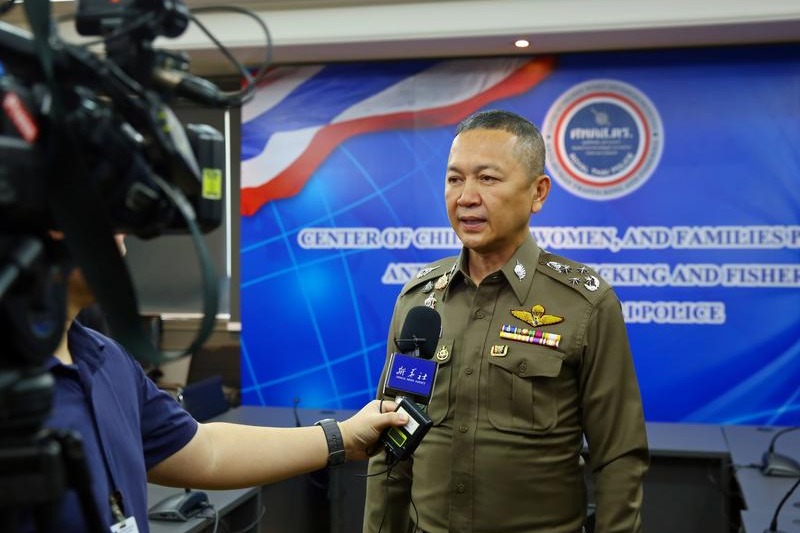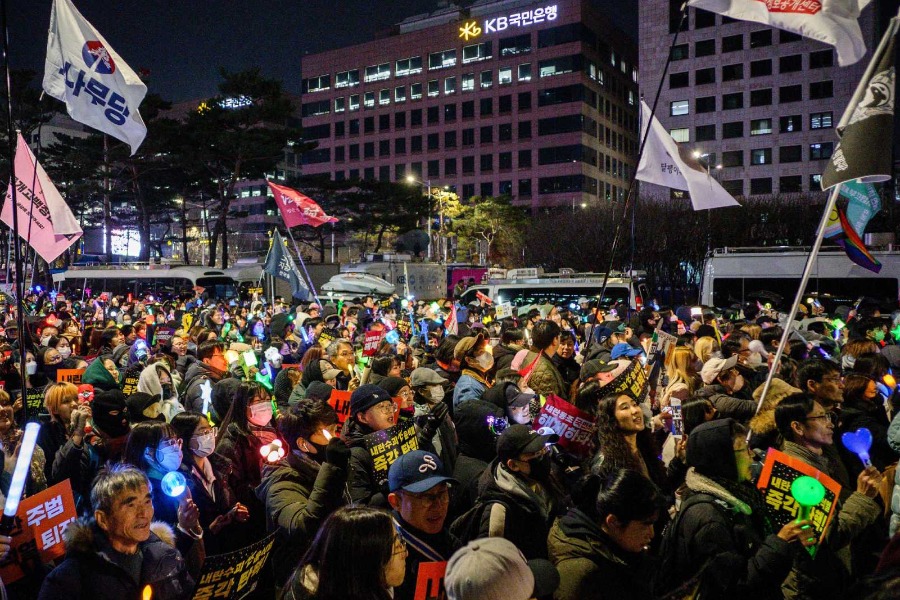Marriages between Chinese and Kenyans are breaching cultural divide in Africa

Ya faced challenges, too, when he settled with Njeri in Nairobi. To earn a living, they opened a business that soon collapsed because the location and idea were not good. Furthermore, he had difficulties communicating with his in-laws despite successfully performing the traditional bride price ceremony known as ruracio.
The talented musician says in Kikuyu, where Njeri hails from, they have traditional songs similar to those sung by the Dong people of southern China. "The tune and even the ululation are similar."
They want their children to be resilient and appreciate their mixed identity. Mandarin is strictly spoken in both Xu's and Njeri's homes and the children spend a lot of time with both grandparents.
"We seek environments that make them comfortable and affirm their identity," says Xu. "Sometimes they ask whether they are Kenyans or Chinese. We tell them they are uniquely both."
"Mandarin is a beautiful language and it is now a tool for opening the world. They therefore have a better opportunity to build bridges between China and Africa by understanding both cultures," Rotich added.
"The world is shrinking. And even when I miss home, I have built a home and support group here in Kenya," said Xum adding that the growing Chinese community in Kenya has been rather supportive.
Ya believes that media and strengthened relations between Chinese and African people will eventually debunk negative stereotyping that has previously shaped the two societies.
Ya and Njeri formed a band that performs for foreign tourists visiting the country. "There is a lot to talk about when it comes to Chinese and African cultures. We only need a platform and good examples to drive the conversation," Njeri said.
































